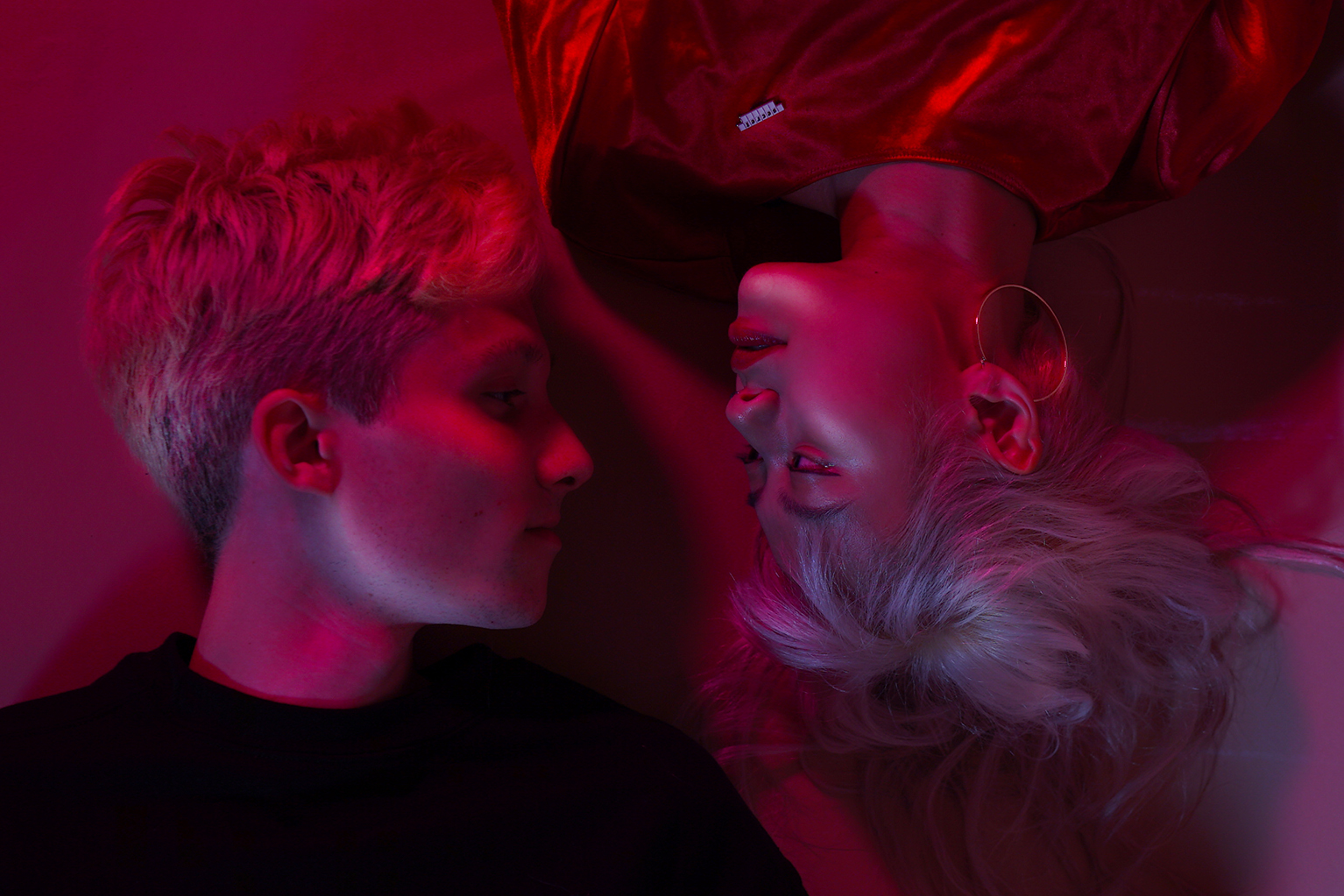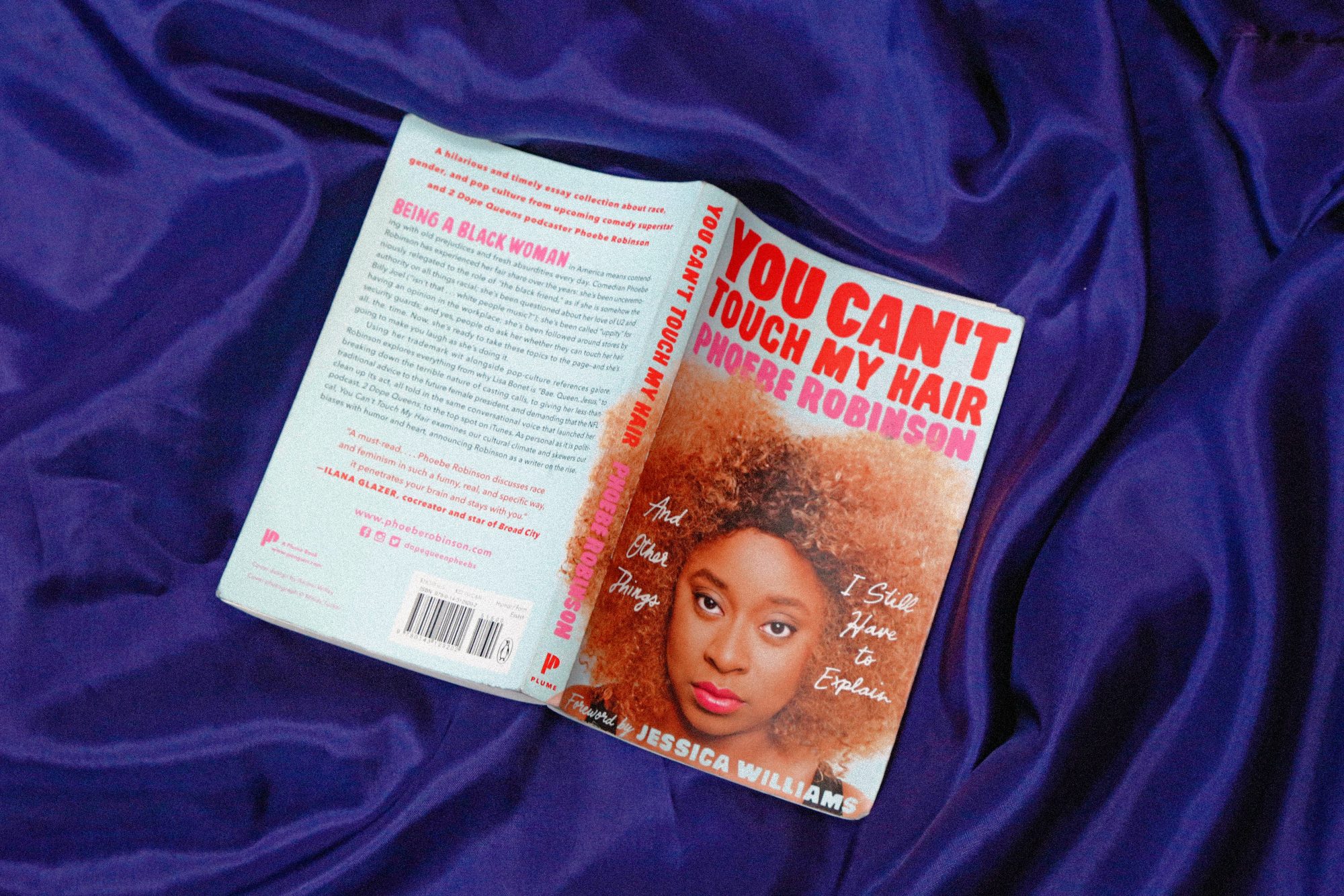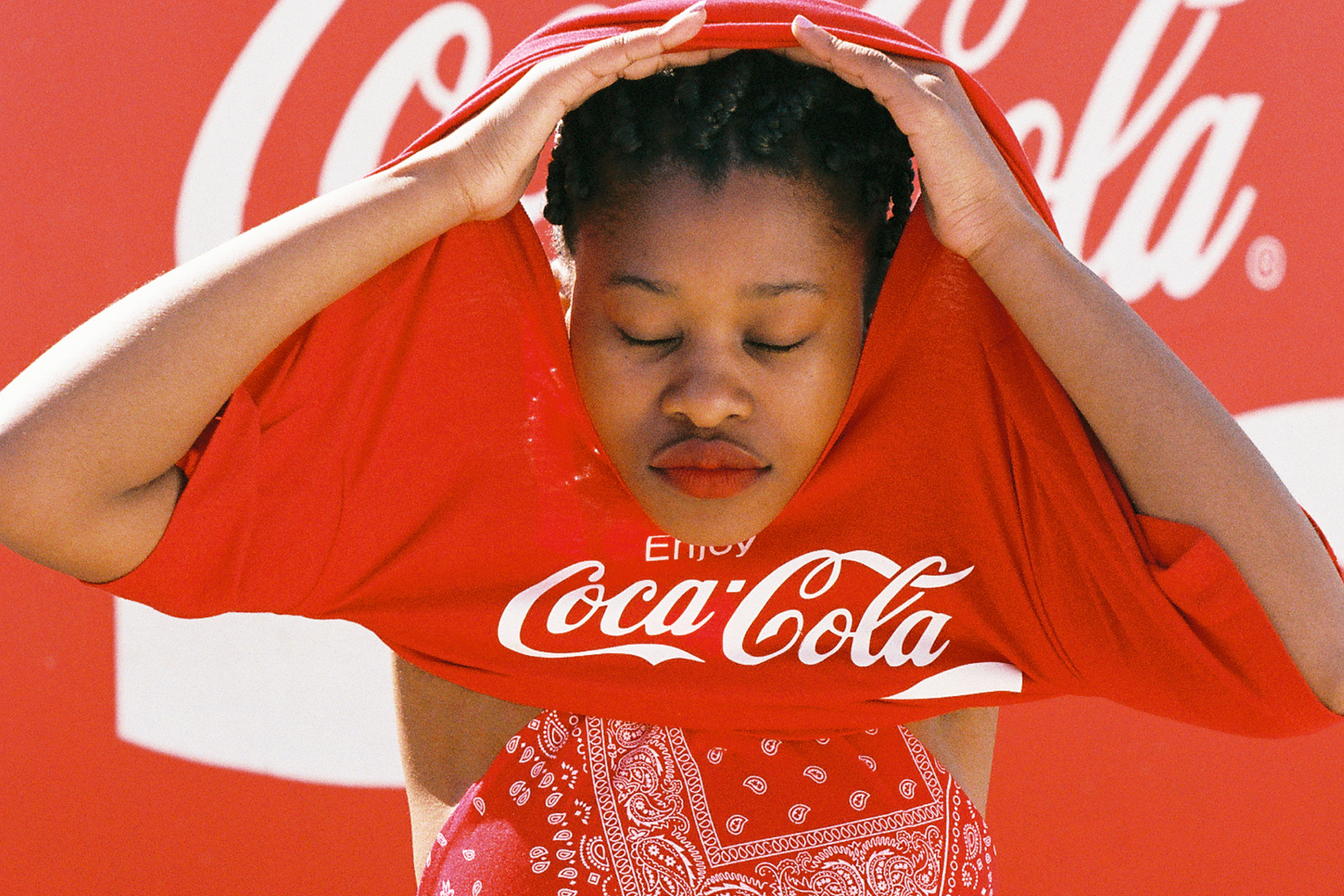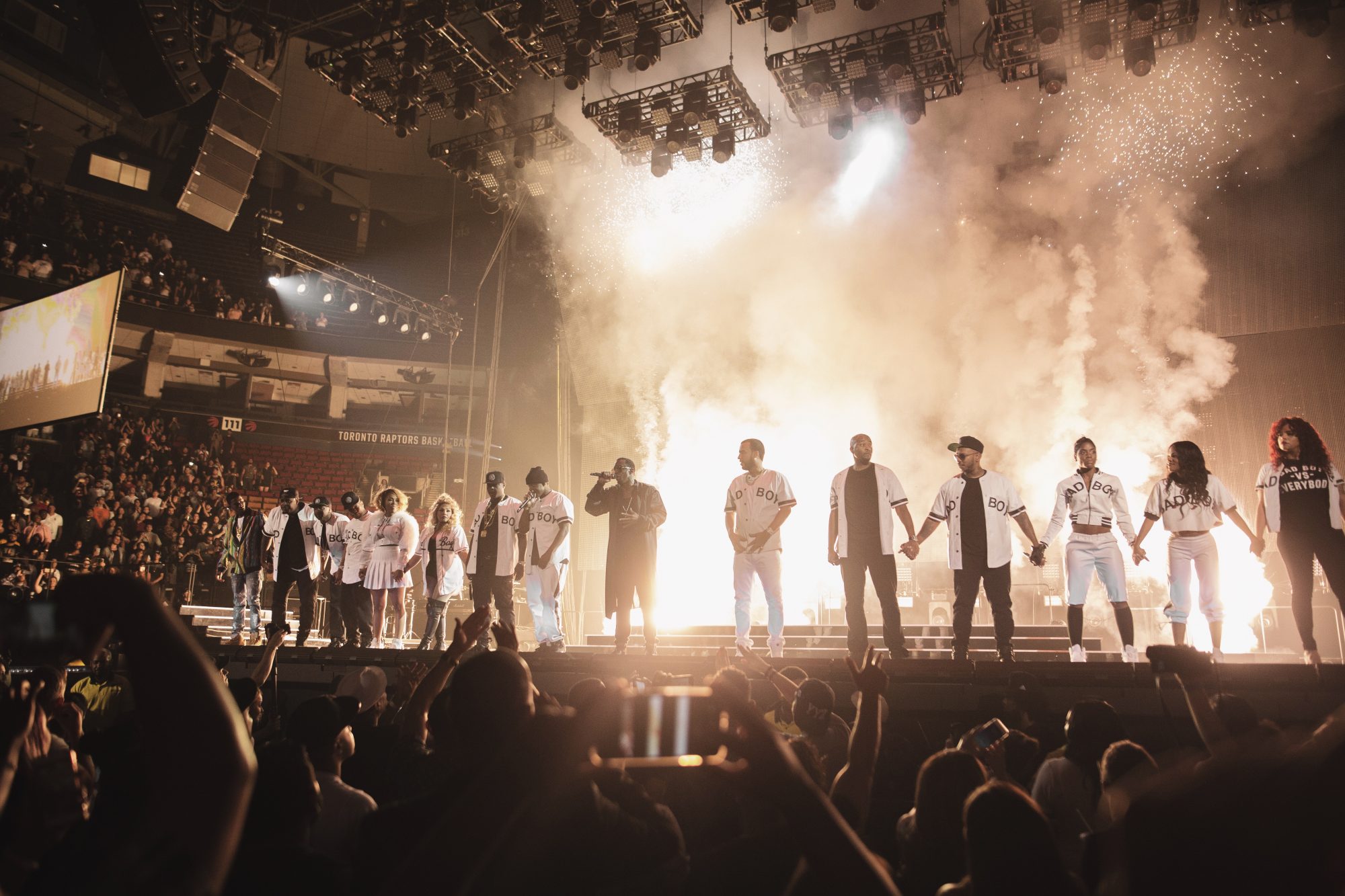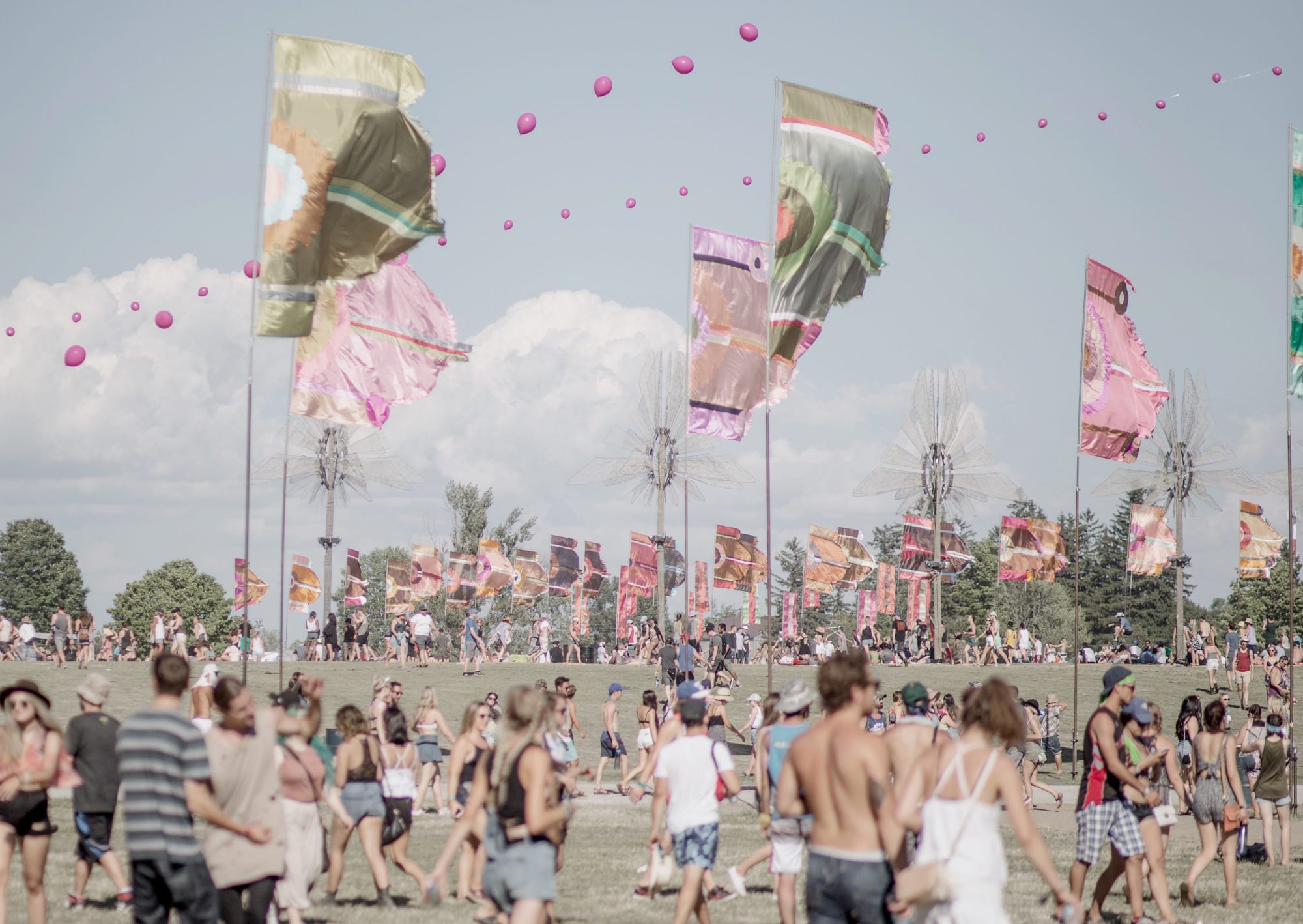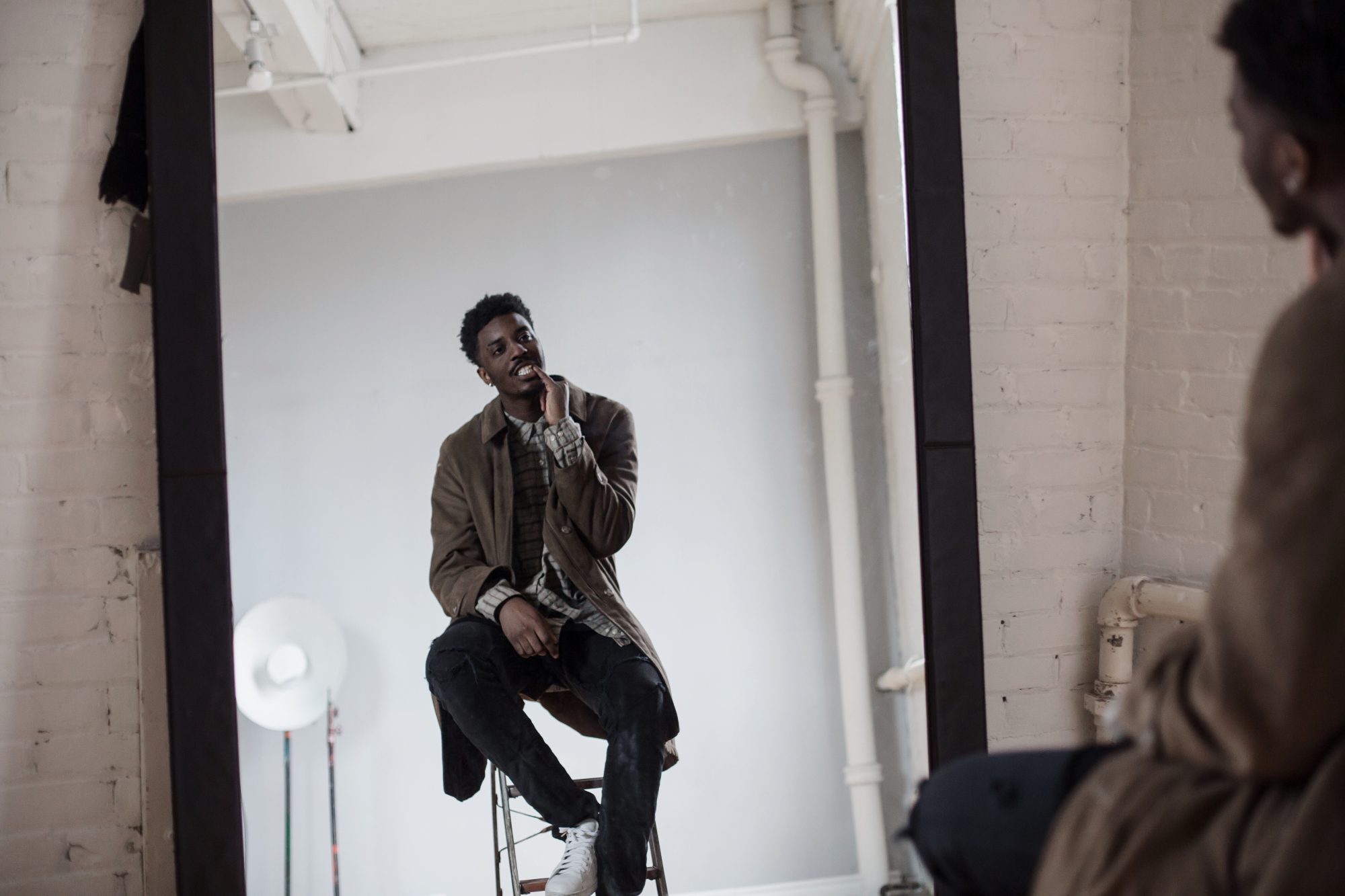Photo Stories
Sex Talk: Watch Your Language

As a writer, full-time “angry feminist,” and queer person of colour, I expel a whole lot of energy lobbying for the (often overlooked) importance of language. Every day I give the same spiel to friends, family, and strangers about communication. Think about it. You connect to others with words; you read text. The thoughts in your head are a voice that speaks to you. Language is the framework of our understanding of the world. And when words are thrown around incorrectly or harmfully, even unintentionally, language makes a bigger impact than we realize.
Each and every one of us is a victim of this type of subtle ignorance — myself included. Women and people of colour in particular suffer from it so often that they may hardly notice it; just yesterday I felt the familiar pang of degradation when somebody said I shouldn’t dress a certain way because I’m too pretty, and that I may subsequently be perceived as incompetent (in a workplace setting). Unfortunately, LGBTQ+ persons are marginalized to an even greater extent — something I can’t fully relate to, being cisgender and perceived as heterosexual.
So!!! instead of complaining and feeling defeated over the onslaught of non-woke people in the world (like I always do), I compiled a list of common terms and concepts in sex, gender, and sexuality discourse. I hope that learning their meanings brings us a step closer to speaking mindfully, and shifts consciousness – even in the slightest – as a result.

Sex (noun): The biological distinction between males and females; refers to anatomy and genetic differences, including but not limited to genitalia and hormones.
Gender (noun): The socially-defined distinction between males and females; refers to the expectations in the respective roles.
Sexual orientation (noun): An individual’s sexual identity in relation to the gender(s) in which they are sexually, romantically, physically, and/or emotionally/spiritually attracted to; includes but is not limited to heterosexual, homosexual, bisexual, pansexual, skoliosexual, and asexual.
Gender binary (noun): The classification of sex and gender into two distinct categories: masculine and feminine or man and woman; the (currently dominant) gender system that assumes that there are only two genders and that every individual falls under one of the two.

Gender identity (noun): How an individual identifies their own gender, as opposed to how they are identified by others. They may self-identify as masculine, feminine, man, woman, transgender, or other category.
Gender role (noun): The appearance, characteristics, and behaviours of an individual as socially associated with masculinity and femininity.
Gender expression (noun): The outward communication of gender in the social sphere through cultural cues such as clothing, makeup, hair styles, mannerisms, etc.
Cisgender or cis (adj.): An individual whose gender identity is aligned with the gender role associated with the sex assigned to them at birth; refers to non-transgender persons.
Transgender or trans (adj.): An umbrella term for an individual whose gender identity differs, at varying levels of degree, from the gender role associated with the sex assigned to them at birth; refers to the vast range of identifications and expressions that challenge the gender binary. This includes but is not limited to categories such as transsexual, transvestite, drag queen/king, and genderqueer. Transgenderism is not indicative of sexual orientation; a transgender person can be straight, gay, bisexual, queer, or any other orientation.
Genderqueer (adj.): A gender identity used by individuals who do not identify with the gender binary of masculine/feminine or man/woman. Formerly termed “androgyny,” genderqueer is an umbrella term for any non-binary identity including but not limited to bigender, agender, and genderfluid persons.

Bigender (adj.): An individual who identifies with both genders in society’s dominant gender system (masculine and feminine or man and woman); they may alternate between the two or connect to them simultaneously. A bigender person may also identify with a third gender.
Agender (adj.): An individual who does not identify with either gender in society’s dominant gender system (masculine and feminine or man and woman); they may see themselves as existing without gender. Agender may also be termed “gender neutral,” “gender neutrois,” or “genderless”.
Bisexual or bi (adj.): An individual who is sexually, romantically, physically, and/or emotionally/spiritually attracted, at varying levels of degree, to persons of their gender and another gender. This includes an attraction to both masculine/men and feminine/women, or any other combination of two genders.
Pansexual or pan (adj.): An individual who is sexually, romantically, physically, and/or emotionally/spiritually attracted to all persons of any gender.
Skoliosexual (adj.): An individual who is sexually, romantically, physically, and/or emotionally/spiritually attracted to transgender, genderqueer, and/or transsexual persons.
Asexual or ace (adj.): An individual who lacks sexual, romantic, physical, and/or emotional/spiritual attraction to others, or lacks interest in sexual relationships.
Fluid(ity) (adj.): Gender fluid(ity) or fluid sexuality is an identity that shifts based on time, options, or other reasons.

Intersex (adj.): An individual born with a sex that is ambiguous, or not clearly male or female. Formerly termed “hermaphrodite,” intersex persons have the hormones, chromosomes, gonads, reproductive organs, and/or genitalia associated with both sexes. As a result, many infants are assigned a sex at birth that does not match their identity; The Intersex Movement seeks to halt unnecessary medical surgeries that impose a sex on an intersex infant.
Transsexual (noun & adj.): An individual who psychologically identifies with both a sex and gender identity that differs from the one assigned to them at birth. They may have transformed or wish to transform their bodies physically and hormonally through medical means to match their identity.
Transvestite (noun): An individual who derives pleasure from dressing or acting in the gender expression associated with the opposite sex, for many reasons including but not limited to sexual pleasure, fun, and relaxation. Being a transvestite is not indicative of sexual orientation; a transvestite is often straight, although they may be gay, bisexual, queer, or any other orientation. Transvestites may also be termed “crossdressers.”
Drag King/Queen (noun): An individual who performs masculinity or femininity theatrically.












